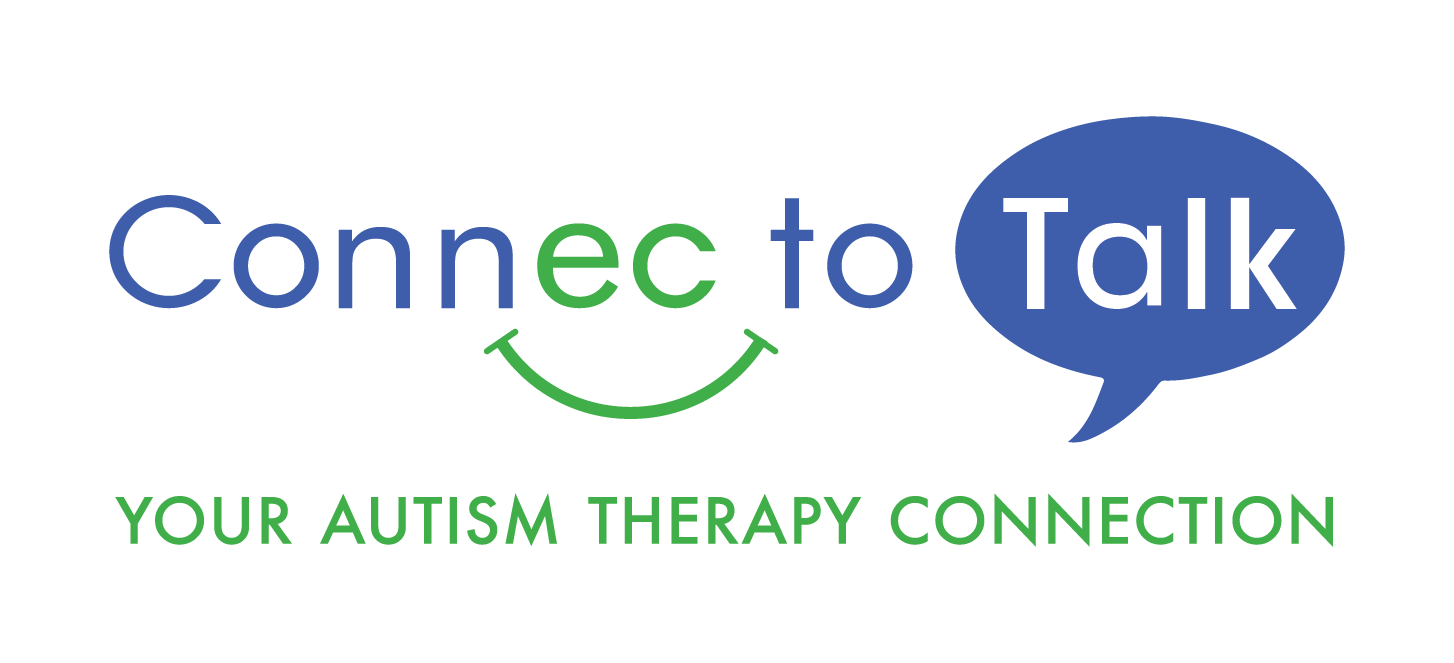![Importance of Making Time for Caregiver Training This month, Connec-to-Talk is exploring the critical importance of Parent Training or Caregiver Training when it comes to ensuring a child’s progress with ABA. Connec-to-Talk is an ABA provider, focusing on providing intensive services to 2-6 year old children with an autism diagnosis. Our model is geared towards preparing children for a successful transition to […]](https://connec-to-talk.com/wp-content/uploads/2022/09/bcba-mentorship.jpeg)
This month, Connec-to-Talk is exploring the critical importance of Parent Training or Caregiver Training when it comes to ensuring a child’s progress with ABA. Connec-to-Talk is an ABA provider, focusing on providing intensive services to 2-6 year old children with an autism diagnosis. Our model is geared towards preparing children for a successful transition to school. The best way to ensure this success is to equip all adults in the life of the child with the necessary teaching skills. We recently sat down with our Quality Care Management team to discuss what parents and caregivers stand to gain from training with their child’s BCBA and how they can maximize that time for their family.
We’ll start by introducing our Quality Care Management Team. We have Brooke Matzke, our Director of Clinical Services, who oversees the Quality Care Managers. She is joined by Shane Triano, our Connecticut Quality Care Manager, and Lauren Marsden, our Quality Care Manager for Maryland and South Carolina.



We began the interview by asking each team member why they feel parent training or caregiving training is so important.
Brooke: Caregiver training is important because, as caregivers, you spend the most time with your child. These training sessions are individualized and geared toward your specific family dynamics, challenges, and strengths. They help families ensure consistency in the response and reinforcement of certain skills, and allow families dedicated time to ask questions and share concerns with their child’s BCBA. All of this together helps your child to better generalize and maintain the skills that are being taught during their 1:1 therapy sessions.
Shane: Different environments and people evoke different behaviors. I act differently around my coworkers than I do around my friends. In one environment I might be loud and boisterous and freely scroll on my phone and make jokes. In one environment I might be more earnestly engaged in constructive work and more calm. The same is true for everybody, so our clients might act differently in the clinic than they do at school or home. When our clients learn to engage with adults in a productive way in the clinic, that shows us that we now have the skills needed to take that behavior to other locations. When parents engage in Caregiver Training, they can better build the environment needed to encourage these desirable behaviors at home and in the community.
Lauren: Caregiver training is a way for the BCBA and caregiver to connect on values, goals, and barriers. It is our way of collaborating with the most important people to the children we serve! We empower caregivers to actively participate in their child’s journey toward these goals. We directly address barriers and equip caregivers with effective strategies to reinforce skill generalization and reduce challenging behaviors. This creates lasting changes for their child and the family as a whole.
As with any new therapy, ABA can be overwhelming at the start. Caregivers are going to encounter scores of new terms and techniques that are critical to their child’s success. Establishing a close rapport with your BCBA can help mitigate these stressors and make the process less overwhelming. Lauren expanded on this topic.
Lauren: Quality caregiver training is beneficial for reducing household stress. Access to professionals for discussing in-home challenges can offer immediate relief, assuring caregivers they are supported by a dedicated team. These training equip them with tools to enhance their child’s functional abilities within the family, leading to fulfilling outcomes for all. Education in behavioral and skill support also helps preserve family values while raising a child with differences, fostering greater connection throughout the family.
Brooke then went on to discuss how Caregiver Training can not only lessen stress at home, but actually improve child-caretake relationships.
Brooke: One of the focuses of caregiver training is understanding the function, or “why” behaviors occur. When caregivers understand why their child is engaging in a certain behavior, they are better equipped to respond and meet their child’s needs in a supportive way. This can help to strengthen the relationship between caregiver and child by helping to establish more effective communication and trust.
In this discussion with the Quality Care Management Team, it became evident that one of the most compelling reasons for caregivers to engage in training is that it allows caretakers to more effectively advocate for their children. Once children make the transition into school, there are more parties that have a say in your child’s future. It’s critical that parents know how best to interact with schools and keep discussions on track.
Shane: These trainings help parents to more clearly define what behaviors need to be targeted in order for their child to be more successful. Caregiver Training can lead to success in school by increasing the team’s focus on measurable and clearly defined goals, and increased collaboration between all team members.
Shane and Lauren concluded the interview by laying out some helpful tips and tricks for those who are new to training with their child’s BCBA.
Lauren: There’s no one size fits all when it comes to frequency. Caregiver training, much like the therapy we offer children, should be highly individualized. Needed frequency may also naturally ebb over time. Towards the end of intensive ABA treatment, the focus can shift more towards Caregiver Training to prepare for full generalization and maintenance of skills and behavior reduction in home and community settings.
Shane: Write down different concerns you may have throughout the month, look for common themes. When you meet with the BCBA present these concerns so you can work together on building goals that will address these concerns. Be prepared to take some data throughout the month. Don’t stop checking in when things are going well.
If you’re interested in learning more about Connec-to-Talk’s early intervention model or getting your child started with ABA services, please give us a call at 475-289-5336



Leave a Reply